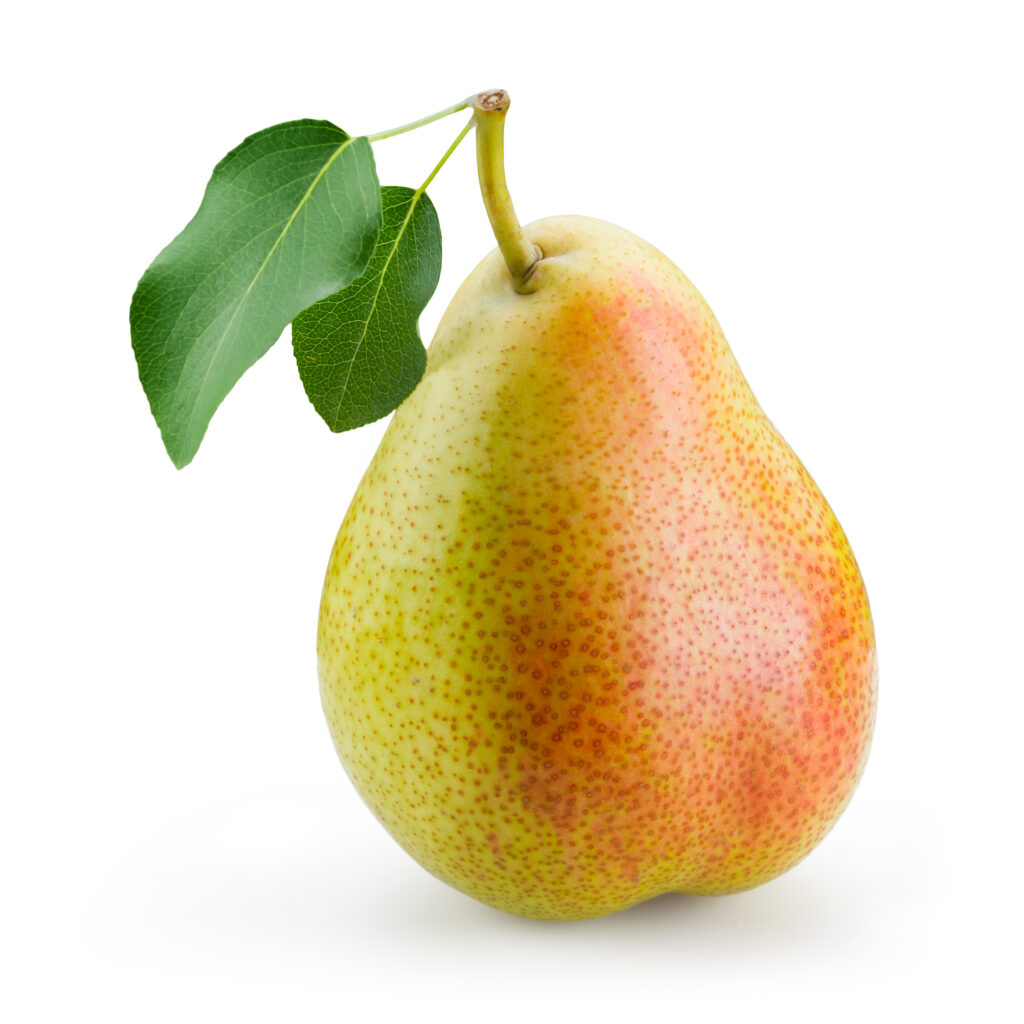
The three most important inventions mankind has made are, in my opinion, fire, money, and the organization. The latter being the coordination of the activities of a group of people towards a common aim.
All three of those inventions are still work in progress, and regarding two of them, things like crypto, the blockchain, tokens, and smart contracts have been proposed as a means to raise them to a new level. When it comes to organizations, the thing to talk about is the DAO.
What is a DAO?
To find out what a DAO is, one might be inclined to look at what the abbreviation stands for: Decentralized Autonomous Organization.
Of course, every single word in this name is wrong, misleading, or at least wildly exaggerated. Certainly, for the current iterations of DAOs. One might, however, think of it as an aspiration, as something that is, one day, going to be. Let’s break it down.
A DAO is or at least can be, as claimed by the “O”, a form of organization. As legal thinking has been going for centuries, if not millennia: something only exists if a label can be put on it. DAOs as such are, at least in any sane jurisdiction, not a thing in itself but rather a form or part of some pre-existing form of organization. This may be a partnership, an association, an LLC / Ltd / GmbH, or, in fact, any other entity structure. At least one US-State (Wyoming, of course) has recognized DAOs as an entity structure per se. On closer inspection, however, the legislation made it an LLC with the word “DAO” attached to its name: basically, a legal gimmick.
A DAO is decentralized – the “D” – insofar as there is no central authority but decision-making and most execution is distributed across the stakeholders. One might think of those as shareholders in a corporation where the same distribution structure is to be found. The difference is that in a DAO many more tasks of the management may be distributed in a similar fashion, while in a more traditional corporation a centralized management may make most day-to-day decisions top-down.
The “autonomous” part of the abbreviation is the most misleading: the DAO does nothing autonomously, and, most crucially, it does not own itself. On the opposite: it provides a wonderful mechanism for making and executing decisions, done by the participants. The decisions are made online, often using tokens, and stored immutably on a blockchain or similar ledger (technically, a DAO “just” needs code execution, blockchain and tokens are optional). But what the “A” really means is that no management execution is, in theory, needed. That is because a DAO should have its processes implemented in self-executing smart contracts. Therefore, the decision is already the execution.
A common definition of a DAO is to be “an organization that is run through rules encoded as computer programs” (Chohan, The Decentralized Autonomous Organization and Governance Issues, 2017, 2022). In light of the points discusses above, I would propose to alter this subtly to: A DAO is an organization whose decision-making and execution process is run through rules encoded as computer programs.
Really, what are we talking about?
So, is a DAO just a Facebook group with a polling function running on the blockchain? Or is it a thing that not only governs itself but owns itself? The truth is, as always, in the middle.
The best way to think about the current iteration of DAOs (DAO 1.0) is probably to see them as a digital way of decision-making with (partly) automated execution. This all happens in the framework of some rather conventional organizational structure. A DAO, to put it bluntly, is not a thing in itself, but a tool: A digital extension of an association, partnership, or other form of organization.
This may not sound much, but in fact: it is. The reason is twofold:
The first reason is that the digital nature and the embeddedness in software make the decision-making in a DAO in theory quicker, easier, and thus more granular or, if you prefer to think of it that way: liquid. This should allow for wider participation in the process. Nothing that in theory could not be done with a digital shareholder meeting in a traditional corporation, of course. But it is the default state in a DAO.
Which brings us to the second reason: DAOs have a culture of participation. People feel empowered to come forward with proposals as they feel they have a chance of making them real, resulting in a more democratic organization.
How should we go forward?
I believe that DOAs are one thing that crypto brought us that is actually interesting. There is, of course, nothing to say against creating alternative monetary systems. But all attempts to implement them so far seem to lead to a loss of efficiency (a blockchain is a terrible tool for transactions) or promote theft and fraud. Decentralized storage and transfer of data are wonderful, but currently, AWS et al seem to be much more useful.
DAOs, in contrast, do things and move resources. The currently existing 1.0 DAOs are, in many ways, experiments and test cases out of which, I hope, an actually useful DAO 2.0 will emerge.
To Be is to DAO.
The fact that there is democracy in participation and decision making in DAOs makes it more interesting. That makes it more practical and I hope it works. Looking forward too to the emergence of DAO 2.0 and how it will work.